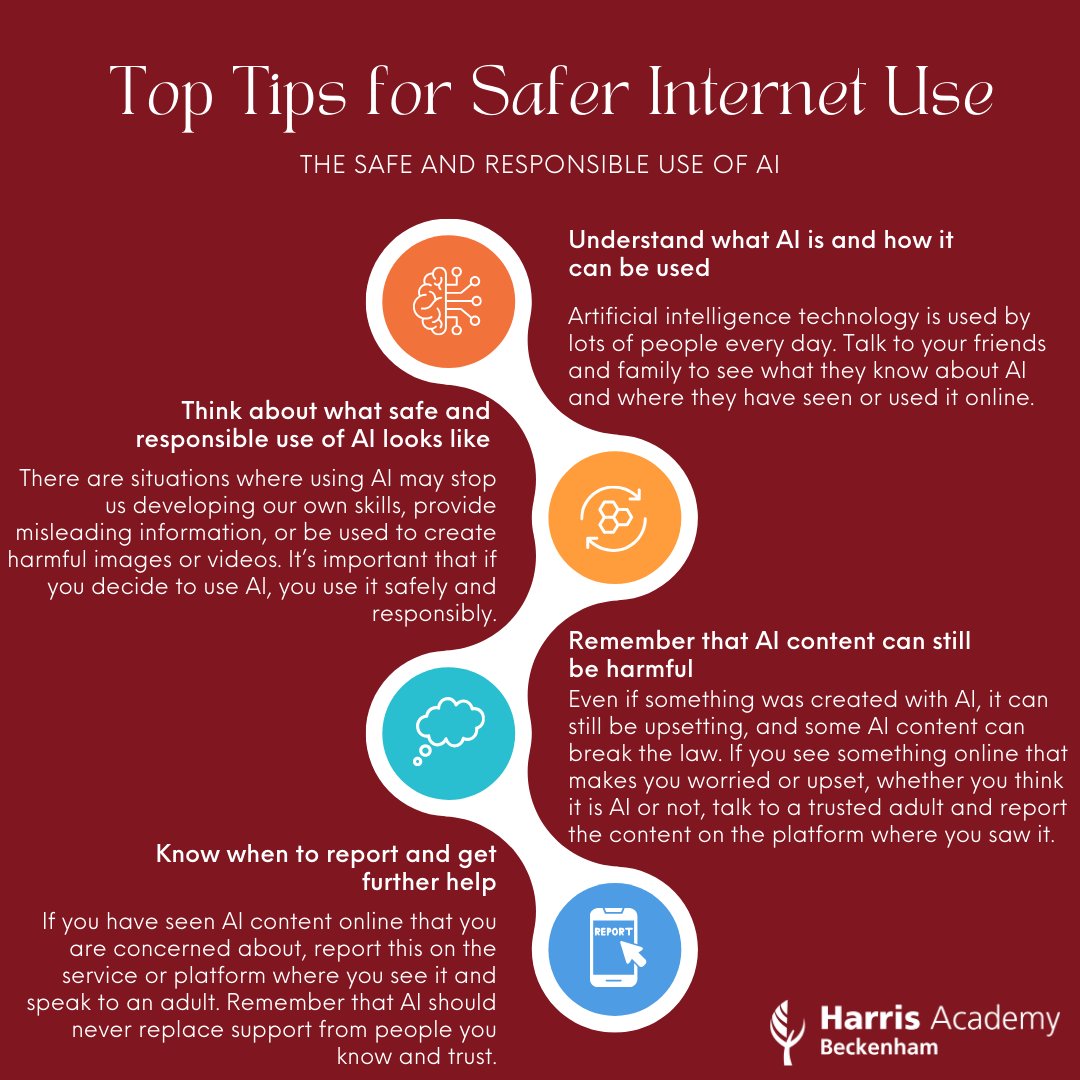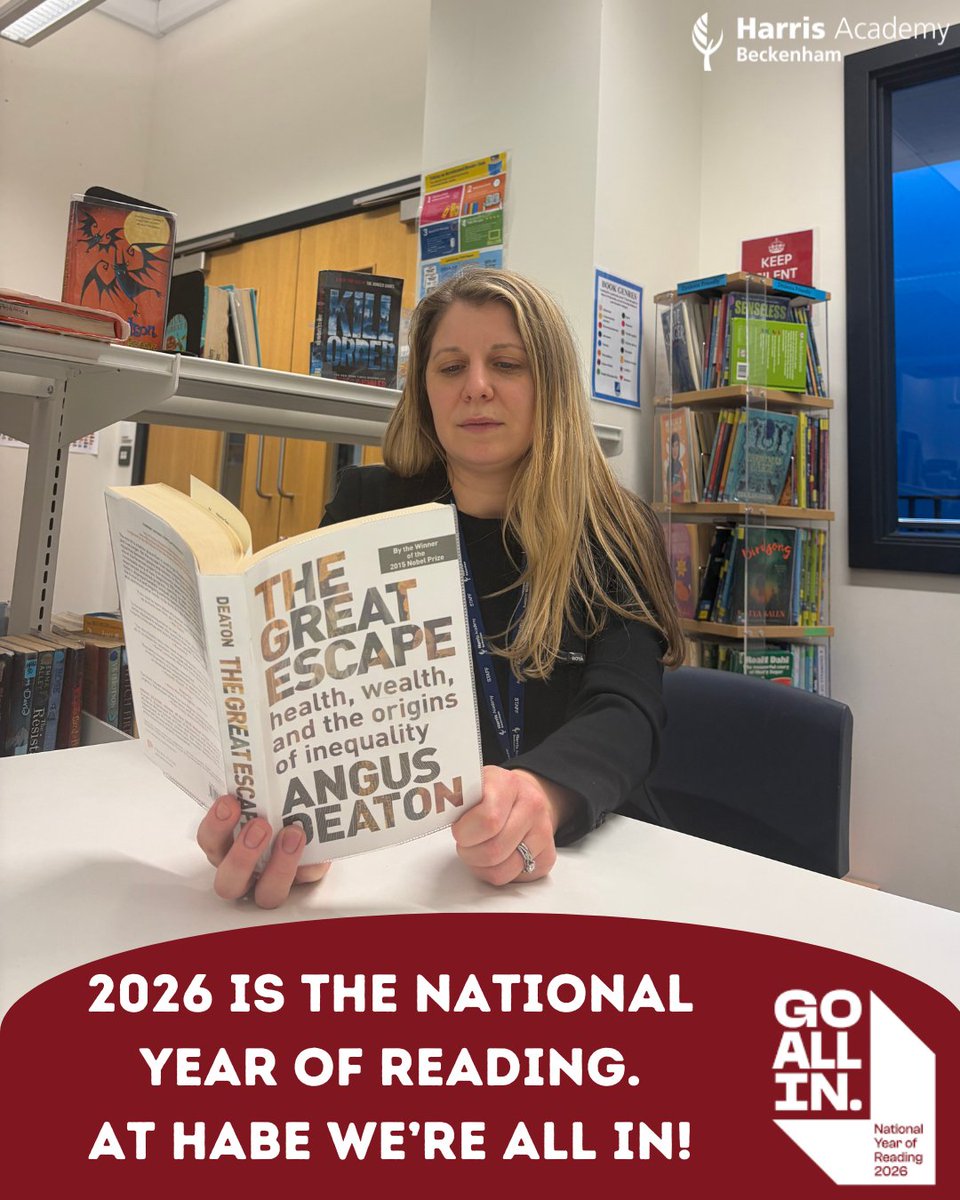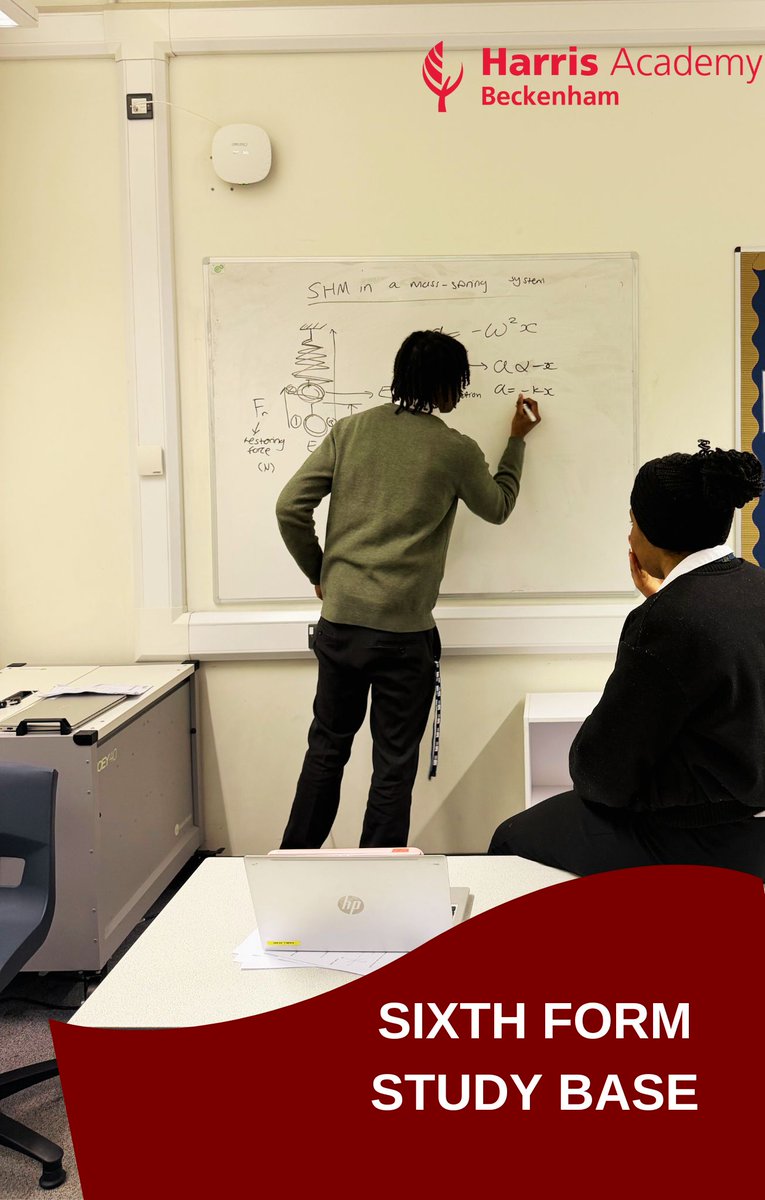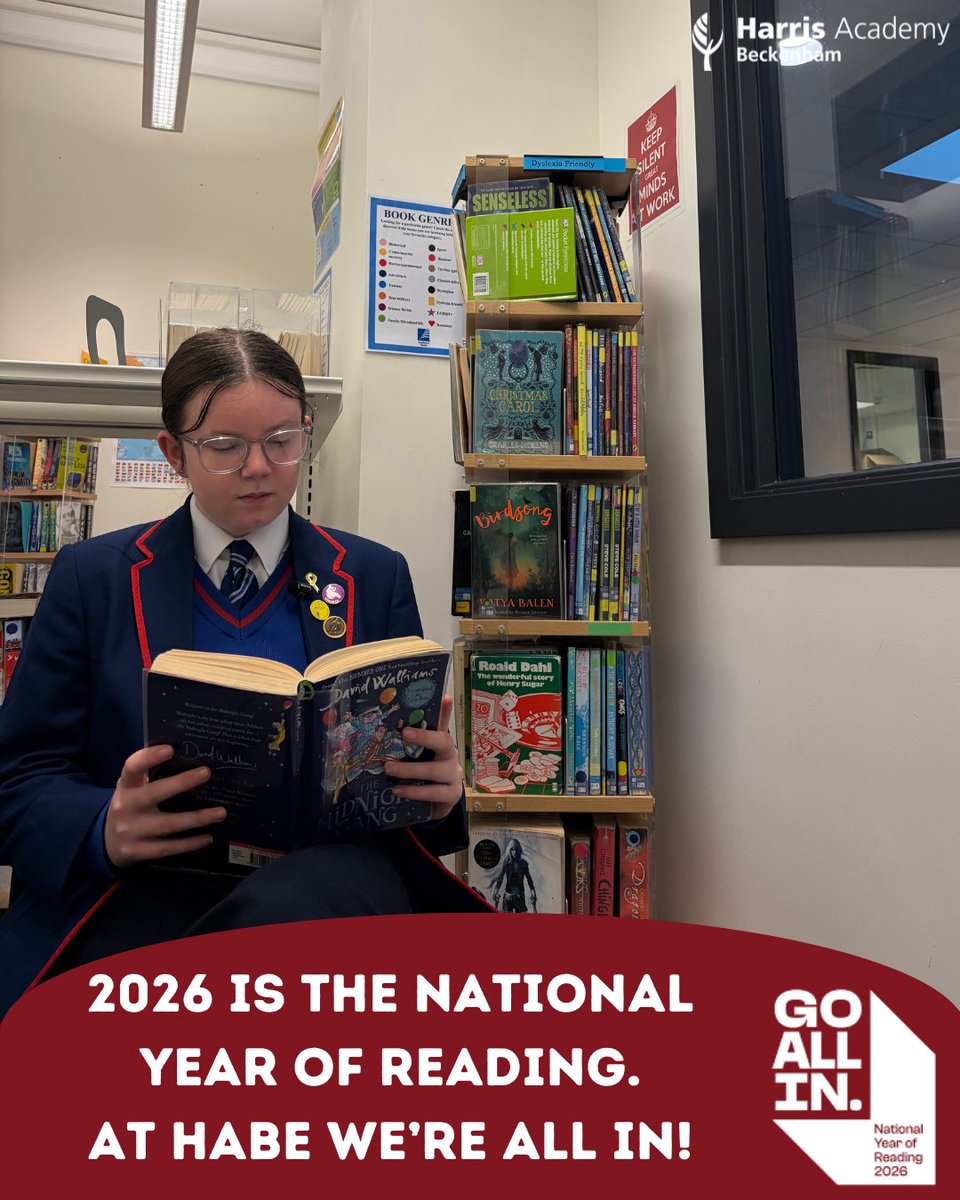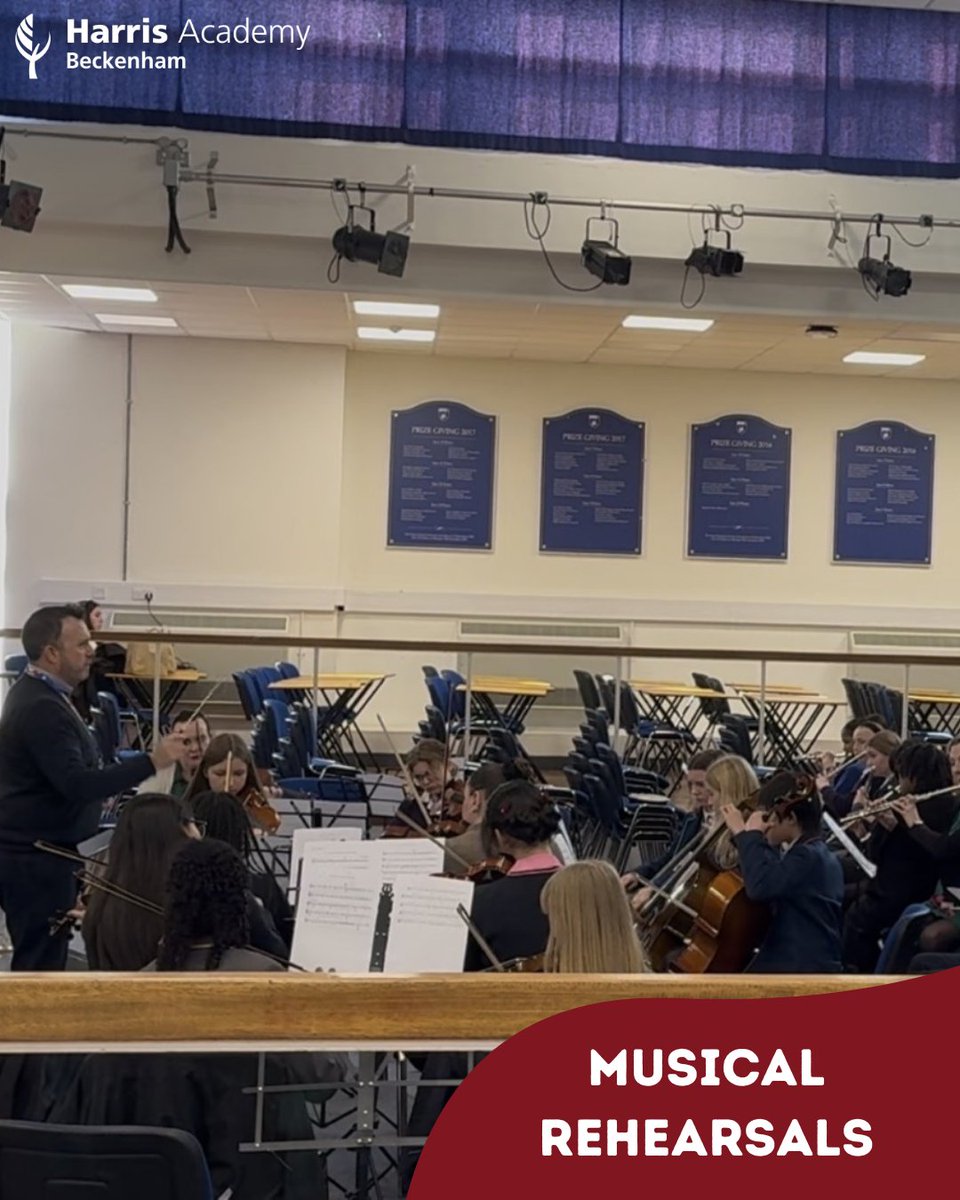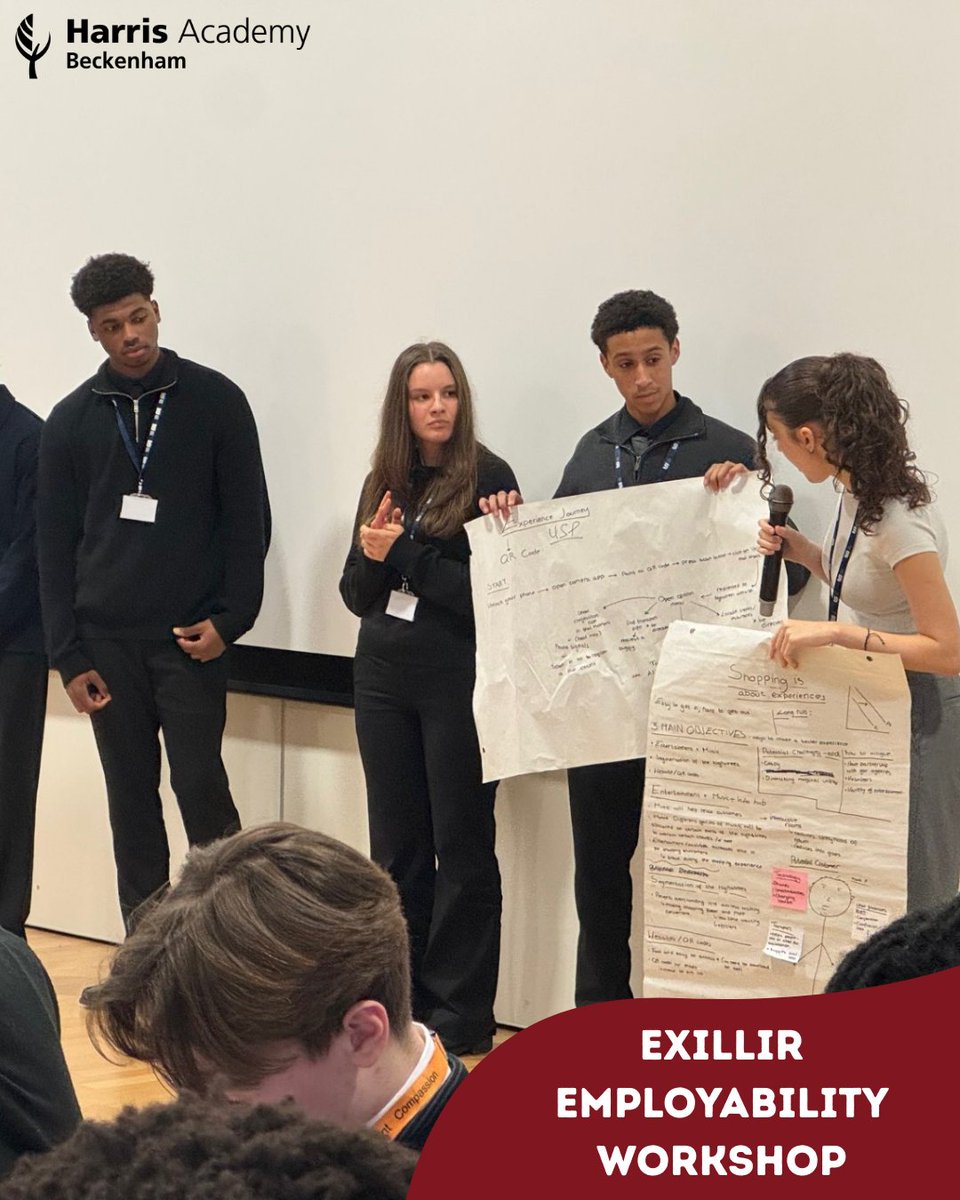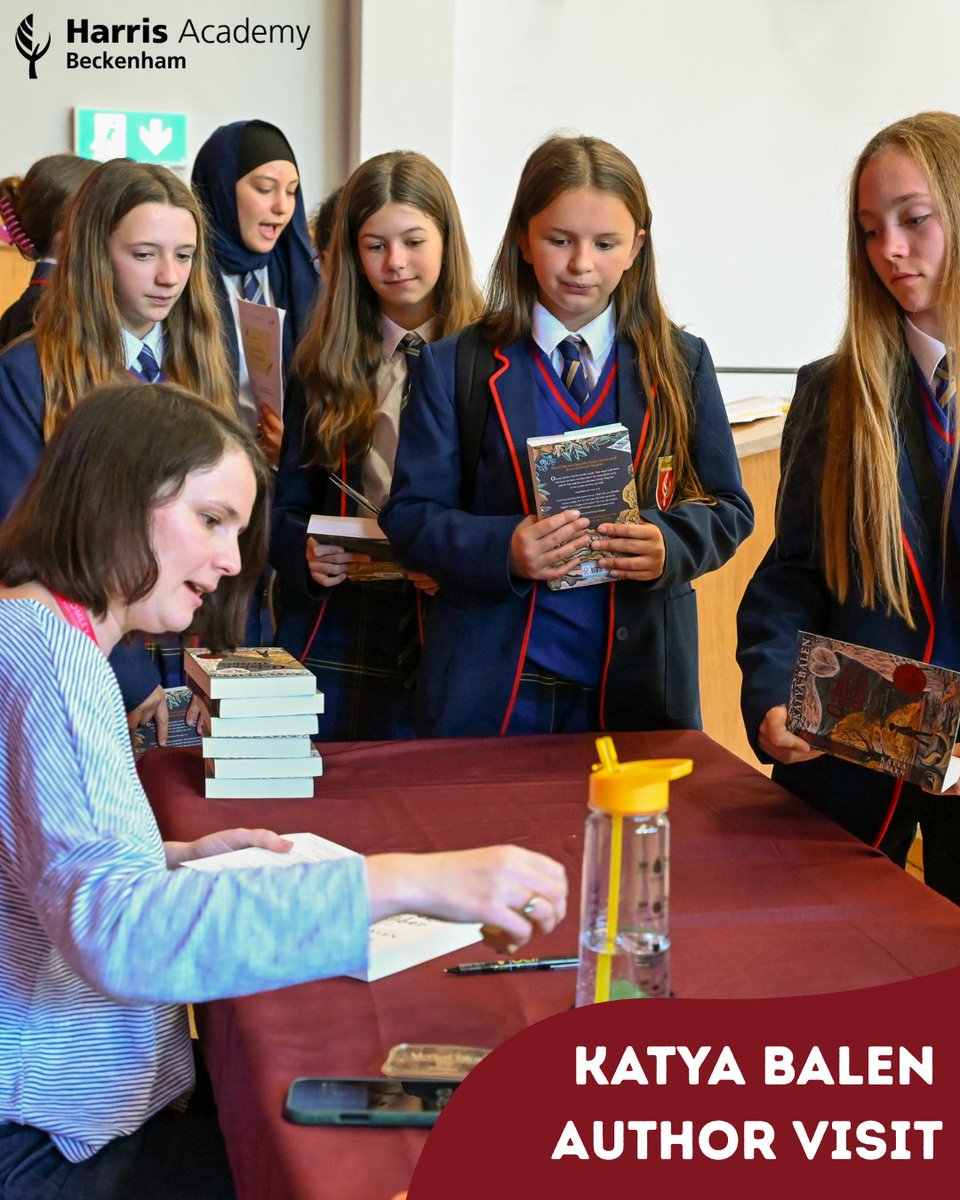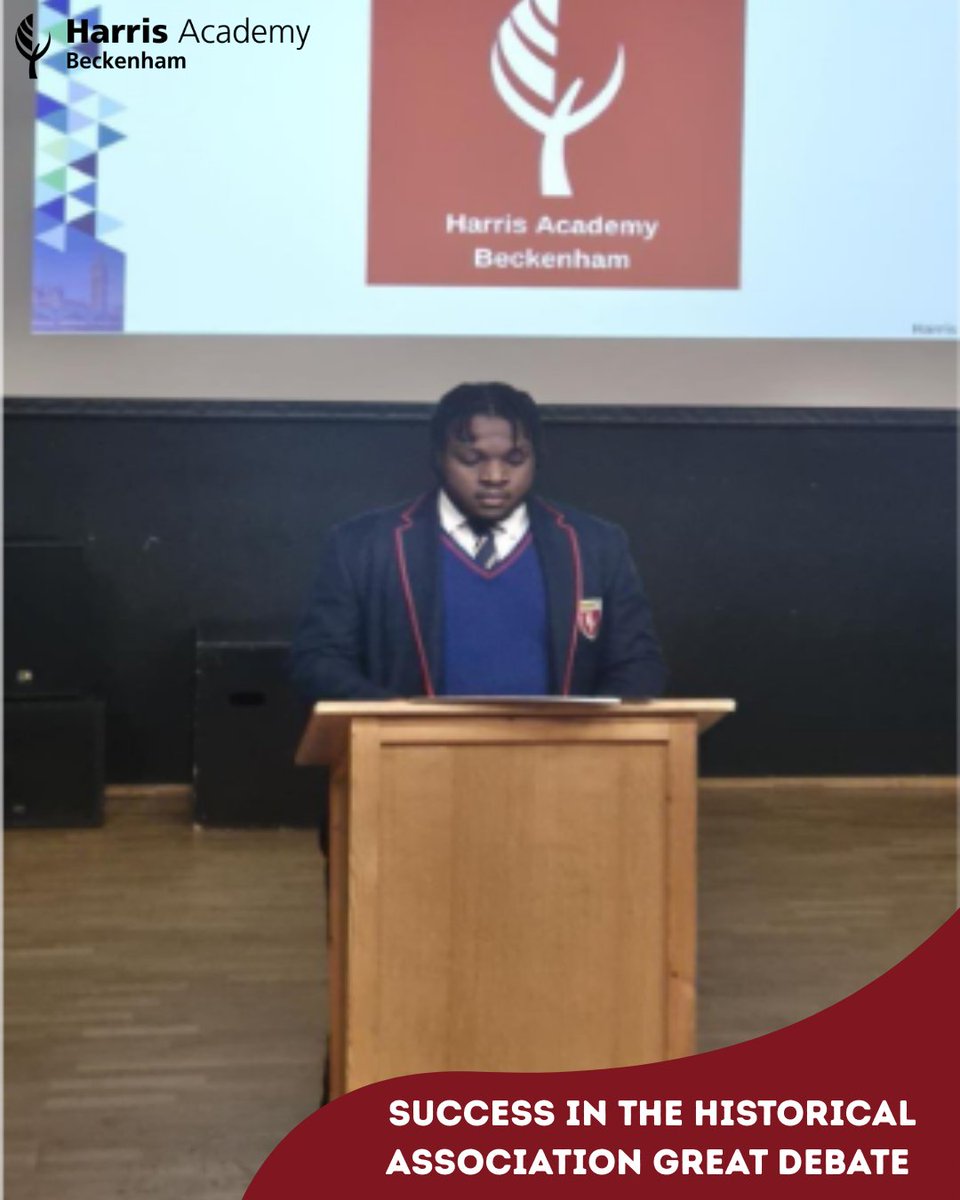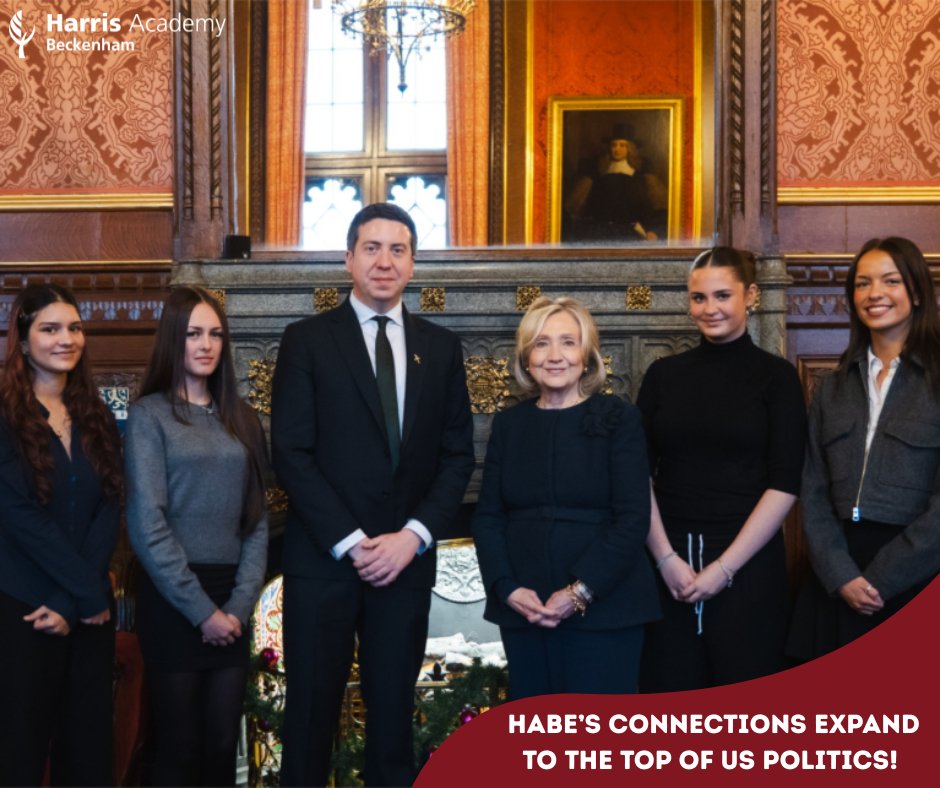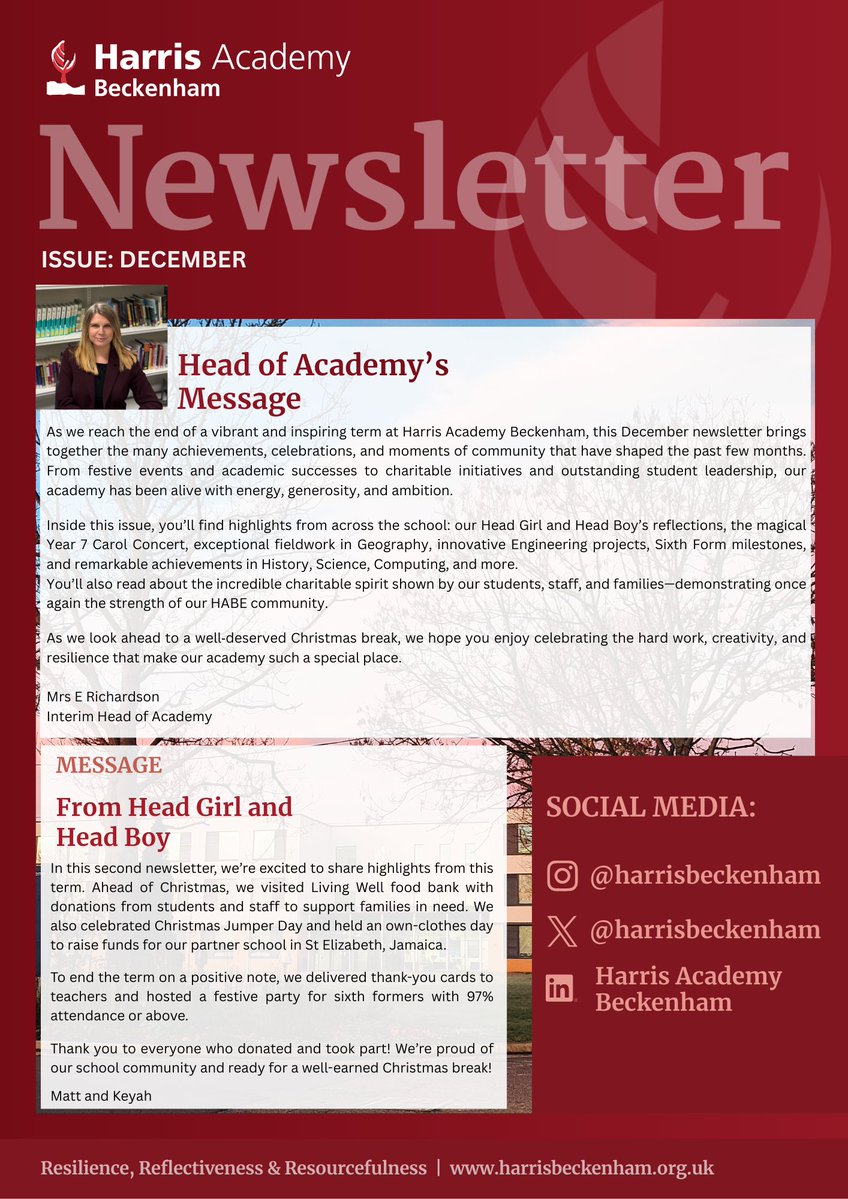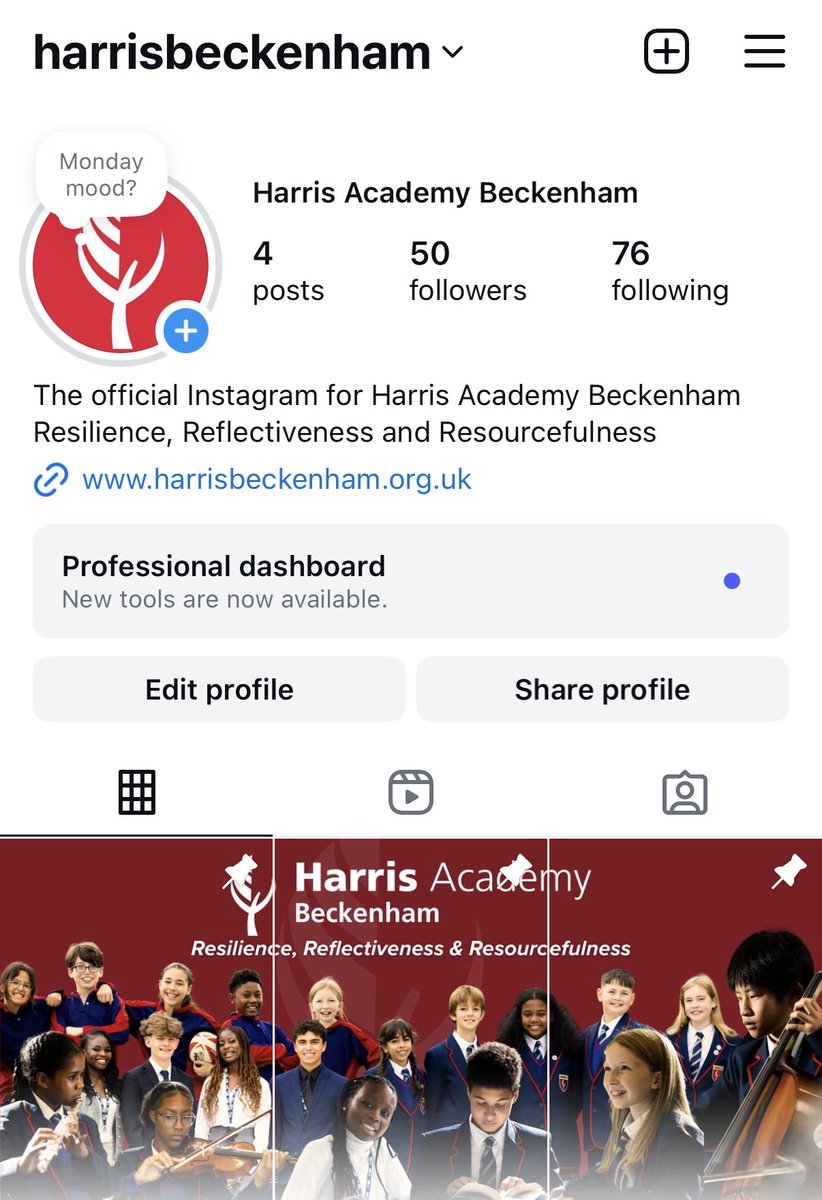Ethics, Identity & Religion
Through our Ethics, Identity and Religion curriculum, our mission is to ensure that our students leave Harris Beckenham as confident global citizens, equipped with the knowledge, skills and character they need to succeed personally in the future, and the empathy and understanding of others to help create a kinder future for all.
For further details of the Ethics, Identity and Religion curriculum please see the documents at the bottom of the page or contact Ms J. Goulds.
Our overall goal is for our students to develop into mature well-rounded individuals that think about who they are outside of the classroom. The skills they learn through Ethics and Identity as well as our character curriculum are transferable and will help them in whatever path they choose in the future.
Our Personal Development Curriculum has, at its foundation, a structured programme of lessons of 80 minute duration that are timetabled for years 7, 8 and 9. Character Development Days enhance this programme and extend the learning for year 10 and 11 students. In addition, all students have a weekly 40-minute lesson of PSHE that helps to prepare them for life beyond the school.
Through our Ethics, Identity and Religion curriculum, our students study discreet modules of RE, Citizenship and PSHE. Our Ethics and Identity curriculum teaches students to study the key narratives of various worldviews and major world religions.
Learners apply these beliefs and values to local, national and global topics to stimulate learning. The curriculum includes engagement with local places of cultural and spiritual significance through our character development days and students are exposed to a variety of diverse role models and external speakers. This aids them in gaining a shared human understanding, fostering their spiritual development in the search for meaning and allows them to become religiously and theologically literate. We aim to support students to develop their own beliefs and values so that they can respect the religious and cultural differences of others and contribute to a cohesive and compassionate society.
In Ethics, Identity and Religion, learners will reflect on their own beliefs about the world around them, equipping them with the skills of decision making and problem solving. They will use higher order thinking and hone written and oral skills to develop lines of enquiry and evaluate the significance of beliefs and values. These skills will allow learners to become more tolerant, open-minded and considerate of ideas different to their own.
Students explore theories around growth mindset and develop that within the classroom, something that will serve them across all of their other subjects. We explore emotional intelligence in depth, normalising feelings and providing students with the language and tools to navigate different situations, as well as strategies to look after their mental health.
Alongside our curriculum, we hold regular character development days, on which the normal timetable is suspended to make way for specialist sessions delivered by teachers, visiting professionals and outside agencies, enabling us to take a deep dive into important topics. Through our character development days we aim to provide students with rich, engaging and wide ranging experiences and opportunity to meet role models with diverse career and life experiences.
Students explore theories around growth mindset and develop that within the classroom, something that will serve them across all of their other subjects. We explore emotional intelligence in depth and give students the language and tools to navigate different situations, as well as strategies to look after mental brain health.
Overarching concepts of our Ethics, Identity and Religion curriculum
The following points outline the concepts of the curriculum.
- To explore the importance of Identity (their personal qualities, attitudes, skills, attributes and achievements and what influences these)
- To support students in building healthy relationships in all settings and to educate students to safely and compassionately communicate with each other in all their relationships: professional, personal and intimate.
- To support students in having a healthy (including physically, emotionally and socially) balanced lifestyle (including within relationships, work-life, exercise and rest, spending and saving and diet)
- To support students to manage risk (identification, assessment and how to manage risk rather than simply the avoidance of risk for self and others) and safety (including behaviour and strategies to employ in different settings)
- To prepare students to ensure that our young people acquire the social, civic, and intercultural competences needed for active and successful participation in society.
- To appreciate and strive for Diversity and equality (in all its forms)
- To ensure students have knowledge of their rights (including the notion of universal human rights), responsibilities (including fairness and justice) and consent (in different contexts)
- To teach students how to manage Change and build resilience (the skills, strategies and ‘inner resources’ we can draw on when faced with challenging change or circumstance)
- To teach students about power (how it is used and encountered in a variety of contexts including persuasion, bullying, negotiation and ‘win-win’ outcomes)
- We provide students with knowledge of their rights and role within our democratic governmental system and empower them to participate in governmental processes.
- To ensure students acquire core knowledge and understanding of the beliefs and practices of the religions and worldviews which not only shape their history and culture but which guide their own development.
Ethics is led by a strong team of staff, who encourage students to be curious and challenge their preconceptions. All lesson content is taught in an objective manner and is adjusted to meet the needs and requirements of the particular age group being taught. Ethics, Identity and Religion is not designed to implement a particular political, religious or ethical viewpoint on students, rather it is designed to offer knowledge of religion, government and health in order for students to make up their own minds on these topics. Students can therefore explore the lesson content without being taught that there is one “right” set of beliefs or ethical behaviours.
Ethics and Religious Education lessons:
Parents/carers have a right to withdraw their child from the religious aspects of the Ethics, Identity and Religion curriculum. This right to withdraw includes a whole or partial removal from the following:
- Receiving religious education (RE) given in the school in accordance with the school’s basic curriculum in Ethics, Identity and Religion lessons. The right to do so is set out in section 71(1) of the School Standards and Framework Act 1998.
- We would encourage all parents/carers to ensure that they are aware of the Ethics syllabus and its relevance to all pupils and respects their own personal beliefs before making any request. We would also ask that you discuss any consideration to withdraw with colleagues at school before making a formal request, to ensure that you are making a fully informed decision.
- Please note that when withdrawing students from Ethics, Identity and Religion, you will not be required to provide a reason we just ask that you do from an informed position.
- Parents/carers have a right to withdraw their child from any trip that is part of the Ethics, Identity and Religion curriculum. Prior to requesting a student’s removal, we would ask that you contact the school so that we can:
- Explain what will happen on the trip, and how it links to the student's learning
- Explain any adverse effects on the student of not attending the trip, e.g. not getting the opportunity to visit a new place they might not experience otherwise
-
Outline how the trip may foster good relations between individuals from different cultures and backgrounds, and explain how the trip fits into the curriculum scheme of work as is in keeping with the Equality Act 2010.
For any further information about the curriculum or to make a request, please contact R.Rashid@harrisbeckenham.org.uk
